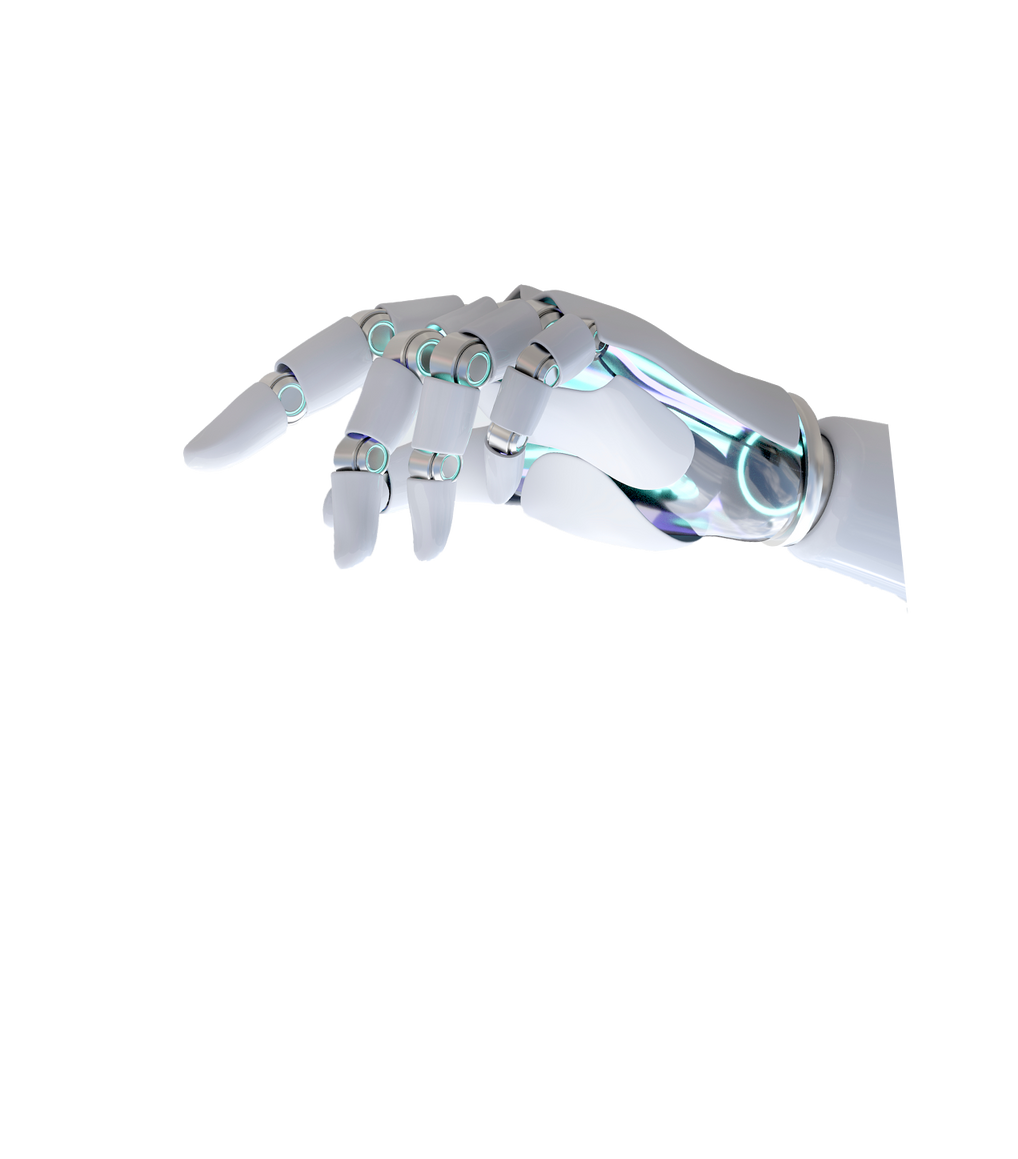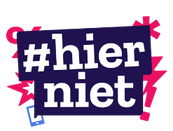
AI Explained
AI refers to the development of computer systems that can perform tasks that typically require human intelligence. These tasks include understanding natural language, recognizing patterns, making decisions, and even learning from experience. AI encompasses a broad spectrum of technologies, from machine learning and neural networks to natural language processing and computer vision.
There are two primary types of AI:
Narrow AI: Also known as Weak AI, this type is designed for specific tasks, such as virtual personal assistants (like Siri or Alexa) and recommendation algorithms (used by Netflix or Amazon). It operates within predefined limits and doesn't possess general intelligence.
General AI: Also known as Strong AI, this type represents a more advanced form of AI, capable of understanding, learning, and reasoning across a wide range of tasks as a human would. General AI, while a topic of research and speculation, is not yet realized.

which picture is AI?


AI, in its various forms, can seem like magic. It can understand our voices, recognize our faces, and even predict our needs.
While these capabilities offer incredible potential, they also carry responsibilities. It's essential to understand the profound impact AI can have on society and individuals.
Responsible use of AI
Respect privacy: Just as you wouldn't invade someone's personal space, remember to respect privacy when using AI. Be cautious about sharing personal information, and be aware of how AI applications handle your data.
Avoid Harmful Actions: AI should never be used to harm, deceive, or cheat others. Do not engage in cyberbullying, hacking, or any other harmful activities that exploit AI capabilities.
AI systems can inherit biases from the data they are trained on. As responsible users, be aware of this issue and advocate for fairness and equal treatment in AI applications.



Stay Informed: Keep yourself informed about the ethical and legal aspects of AI. Understand the rules and guidelines regarding AI use in your region or country.
Think Before Sharing: Sharing content online has become easy with AI-powered tools. However, consider the consequences before sharing information, images, or videos. Respect the rights and consent of others.
Using AI for good

Education: Use AI for learning and skill development. AI-driven platforms can personalize your education and help you excel in your studies.

Creativity: Explore AI for creative endeavors. It can assist in music, art, and content creation. Use it to express your imagination.

Social Good: Get involved in AI projects that aim to address social issues, such as healthcare, climate change, or humanitarian causes. AI can be a valuable tool for positive change.

Career Oppertunities: AI is shaping the job market. Learn about AI technologies to prepare for future careers. You can be part of the generation that advances AI for the benefit of all.
Seek Guidence
If you're unsure about using AI responsibly, seek guidance from teachers, parents, or mentors who can provide valuable insights and help you make responsible choices. Engaging in open discussions about AI ethics and responsible use is an essential step toward a brighter future.
In conclusion, AI offers countless opportunities, but its responsible use is essential. As teenagers and young adults, you have the power to shape the future by using AI for good and being mindful of its impact on society. Remember, with great technology comes great responsibility.


